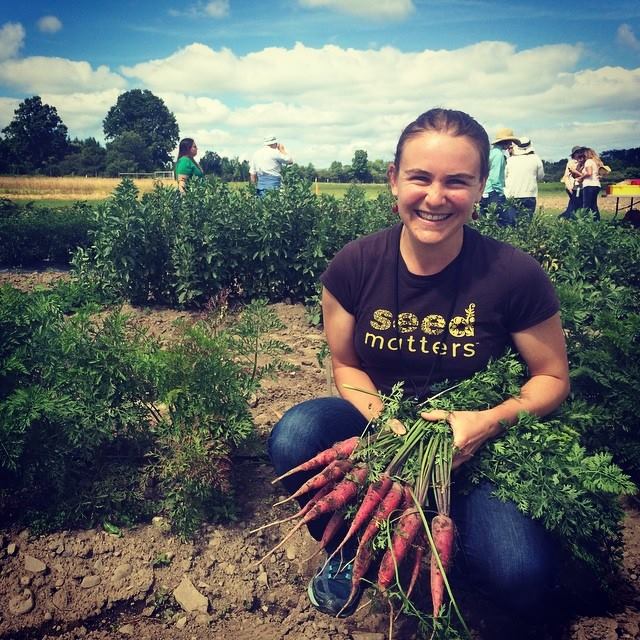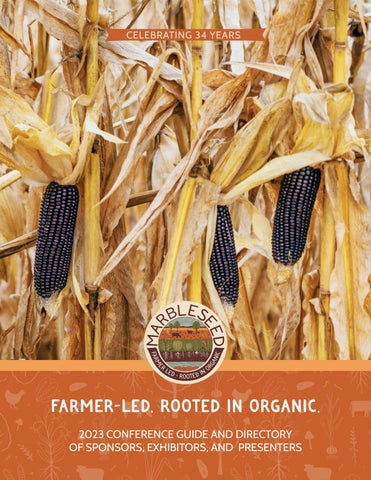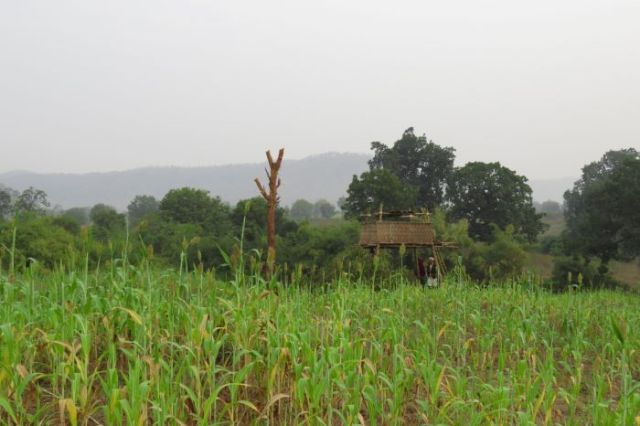
Sowing Seeds of Concern: Protecting Heirloom Varieties in an Era of Seed Industry Consolidation
Remember the feeling of anticipation as you carefully harvested seeds from your most prolific tomato plant, the one that withstood pests and produced the juiciest fruit all season long? Remember envisioning sharing those seeds, and that incredible flavor, with your neighbors next year? That connection to the past, that promise of future harvests, is what makes seed saving so deeply rewarding. But this treasured tradition, and our access to diverse heirloom seeds, is facing unprecedented challenges due to increasing seed industry consolidation.
The seed industry, once a vibrant landscape of independent companies and passionate breeders, is rapidly shrinking. As larger corporations acquire smaller seed companies, a handful of powerful players gain increasing control over our food supply. This trend has significant implications for homesteading, seed access, and the availability of open-pollinated seeds that are vital for self-sufficiency and biodiversity.

The Shrinking Seed Landscape: Understanding Seed Industry Consolidation
Seed industry consolidation refers to the trend of larger companies acquiring smaller ones, resulting in a few dominant players controlling a significant portion of the global seed market. This process has been accelerating in recent decades, driven by factors such as technological advancements, intellectual property rights (patents), and the pursuit of economies of scale.
One notable example of this consolidation is the series of mergers and acquisitions involving Monsanto (now Bayer), Dow Chemical (now DowDuPont), and Syngenta. These companies have invested heavily in genetically modified (GM) seeds, which are often protected by patents, giving them significant market power.
According to a report by the ETC Group titled "Who Owns Nature?", "The top four companies (Bayer, Corteva, ChemChina and Limagrain) control more than 60% of the global proprietary seed market." This concentration of power raises concerns about seed access, seed prices, and the loss of genetic diversity in our food crops. Source: ETC Group - Who Owns Nature?
The Open Source Seed Initiative (OSSI) offers another perspective: "The consolidation of the seed industry into the hands of a few multinational corporations means that farmers and gardeners have fewer choices about what seeds they can grow." This lack of choice can limit the availability of heirloom seeds and open-pollinated seeds, which are crucial for seed saving and maintaining genetic diversity. Source: Open Source Seed Initiative - ossiseeds.org
A 2020 report by the Heinrich Böll Foundation details how mergers concentrate corporate power, diminish innovation, and increase market prices. It concludes, "The high level of concentration in the seed market reduces farmers' and breeders' choices, inhibits innovation, and may raise prices. Market concentration further increases opportunities for anti-competitive behavior." Source: Heinrich Böll Foundation - Seed Atlas
The Impact on Homesteaders and Seed Savers
For homesteaders who rely on heirloom seeds and open-pollinated seeds for self-sufficiency, seed industry consolidation presents several challenges:
- Reduced Seed Availability: As larger companies focus on a few high-profit varieties, older, less common heirloom seeds may become harder to find. Smaller seed companies that specialize in these varieties may struggle to compete.
- Increased Seed Prices: With fewer companies controlling the market, seed prices may rise, making it more expensive for homesteaders to access the seeds they need.
- Loss of Genetic Diversity: Heirloom seeds represent a vast reservoir of genetic diversity, which is essential for adapting to changing environmental conditions and resisting pests and diseases. As these varieties disappear, our food system becomes more vulnerable.
- Restrictions on Seed Saving: Some companies use patents and other intellectual property rights to restrict farmers and gardeners from saving and replanting seeds. This undermines the tradition of seed saving and limits the ability of homesteaders to develop locally adapted varieties.

Reclaiming Our Seeds: Practical Action for Homesteaders
Despite these challenges, there are many things homesteaders can do to protect seed access and preserve seed diversity:
- Join or Form a Local Seed-Saving Cooperative: Seed-saving cooperatives are groups of gardeners and farmers who share seeds and knowledge. By working together, they can increase the availability of heirloom seeds and support the tradition of seed saving. Locate a seed library using the Seed Library Locator, or start your own!
- Prioritize Independent Seed Companies and Farmers' Markets: Support smaller seed companies and local farmers who are committed to preserving heirloom seeds and open-pollinated seeds. Here are a few examples:
- Seed Savers Exchange (seedsavers.org): A non-profit organization dedicated to saving and sharing heirloom seeds. They offer a wide variety of seeds through their catalog and online store. They are also a great resource for educational materials.
- High Mowing Organic Seeds (highmowingseeds.com): Offers 100% organic seeds. Based in Vermont, they focus on providing high-quality seeds suitable for the Northeast climate, but ship nationally.
- Southern Exposure Seed Exchange (southernexposure.com): Specializes in seeds adapted to the Mid-Atlantic and Southeast regions. They offer a wide selection of heirloom seeds, with a focus on varieties that perform well in hot and humid climates.
- Learn and Practice Seed-Saving Techniques: Seed saving is a simple and rewarding way to preserve genetic diversity and become more self-sufficient.
- Better Homes and Harvests Seed Saving Tutorial: [Link to hypothetical tutorial on Better Homes and Harvests website]
- Advocate for Policies that Protect Seed Access: Contact your local representatives and urge them to support policies that promote seed access, protect seed saving, and regulate the seed industry. Support legislation that opposes seed patents which hinder seed saving efforts.

Building Community Resilience Through Seed Diversity
Preserving seed diversity is not just about protecting our food supply; it's also about building community resilience and adapting to climate change. Heirloom seeds often possess unique traits that make them more resistant to drought, pests, and diseases. By saving and sharing these seeds, we can create a more resilient and sustainable food system. Seed sovereignty — the right of farmers and communities to control their own seeds and food systems — is critical.
A Call to Action
The future of our heirloom seeds and the tradition of seed saving depends on our collective action. The increasing seed industry consolidation poses a significant threat to homesteading and seed access, but by working together, we can protect these valuable resources for future generations. What are your experiences with seed saving, and what strategies do you think are most effective for protecting seed access in our communities? Share your thoughts and ideas in the comments below!